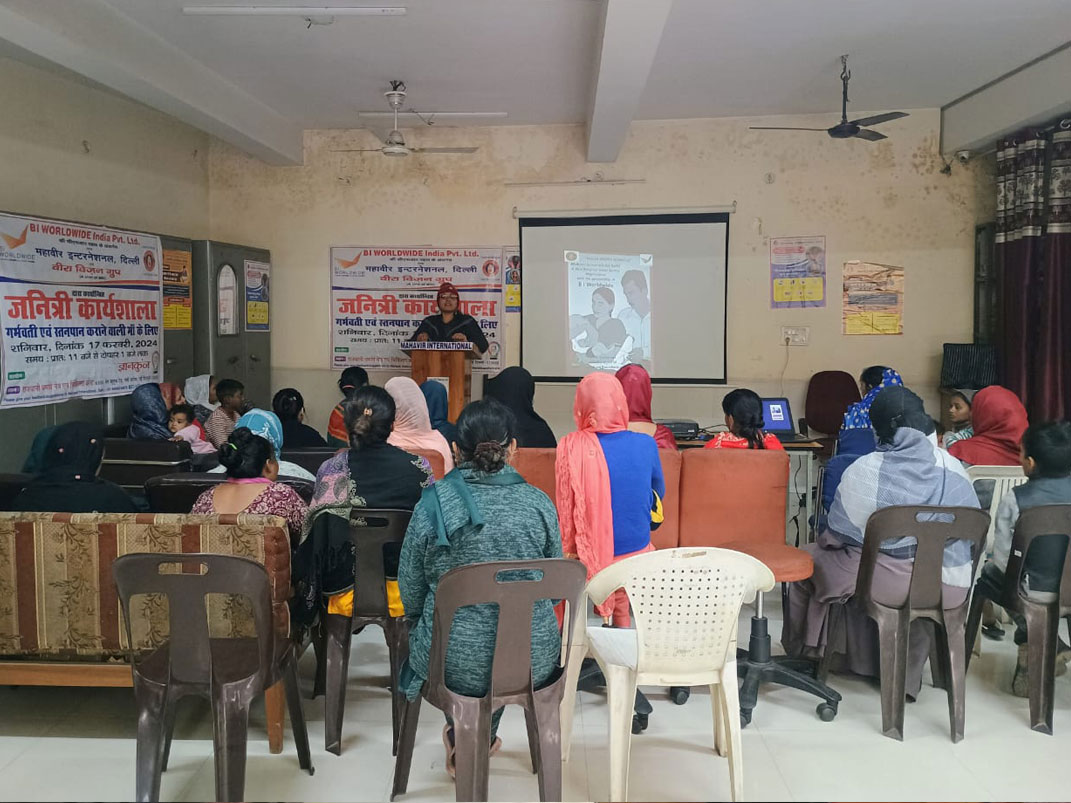In our commitment to creating meaningful change, 'Our Initiatives' reflect our dedication to making a real difference. Explore our work as we strive to uplift communities, champion social justice, and foster sustainable development.
Wildlife conservation is critical to maintaining biodiversity and the health of our ecosystems. Our affiliate, the KMG Foundation, supports the Tiger Water Life (TWL) initiative, which plays a vital role in preserving wildlife in Central India. By installing solar water pumps, TWL ensures that tigers and other wildlife at the Tipeshwar Wildlife Sanctuary have a reliable, year-round supply of water. This continuous water availability is crucial for the survival of these species, particularly during the harsh dry season when natural water sources often dry up.
The TWL initiative's solar water pumps not only provide a sustainable solution but also significantly reduce human-wildlife conflict by keeping animals within the sanctuary boundaries. This effort helps maintain the delicate balance of the ecosystem, promoting a healthier environment for both flora and fauna. Furthermore, by supporting these conservation measures, the KMG Foundation is fostering a safer habitat for the endangered tiger population.
Partner: The KMG Foundation
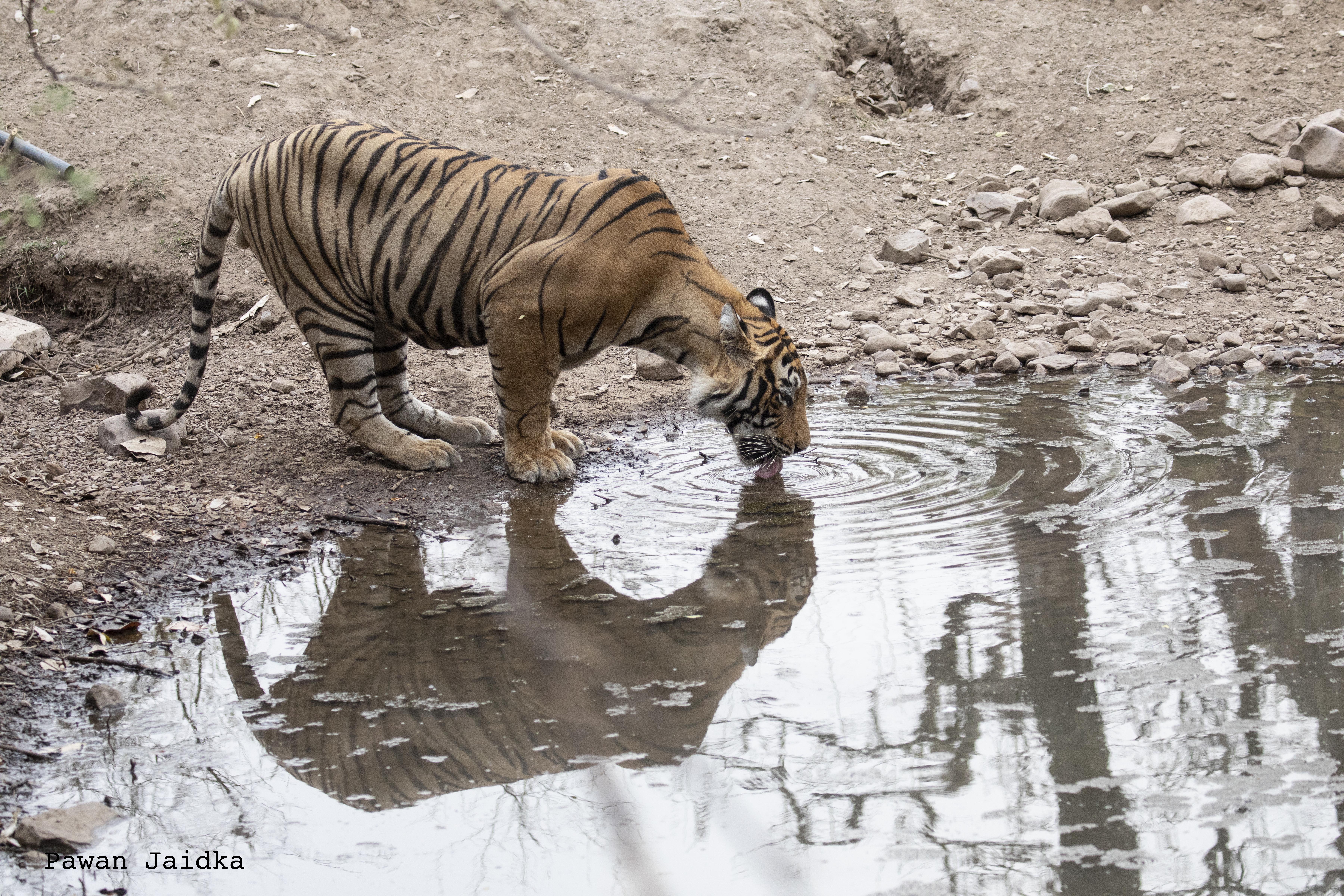
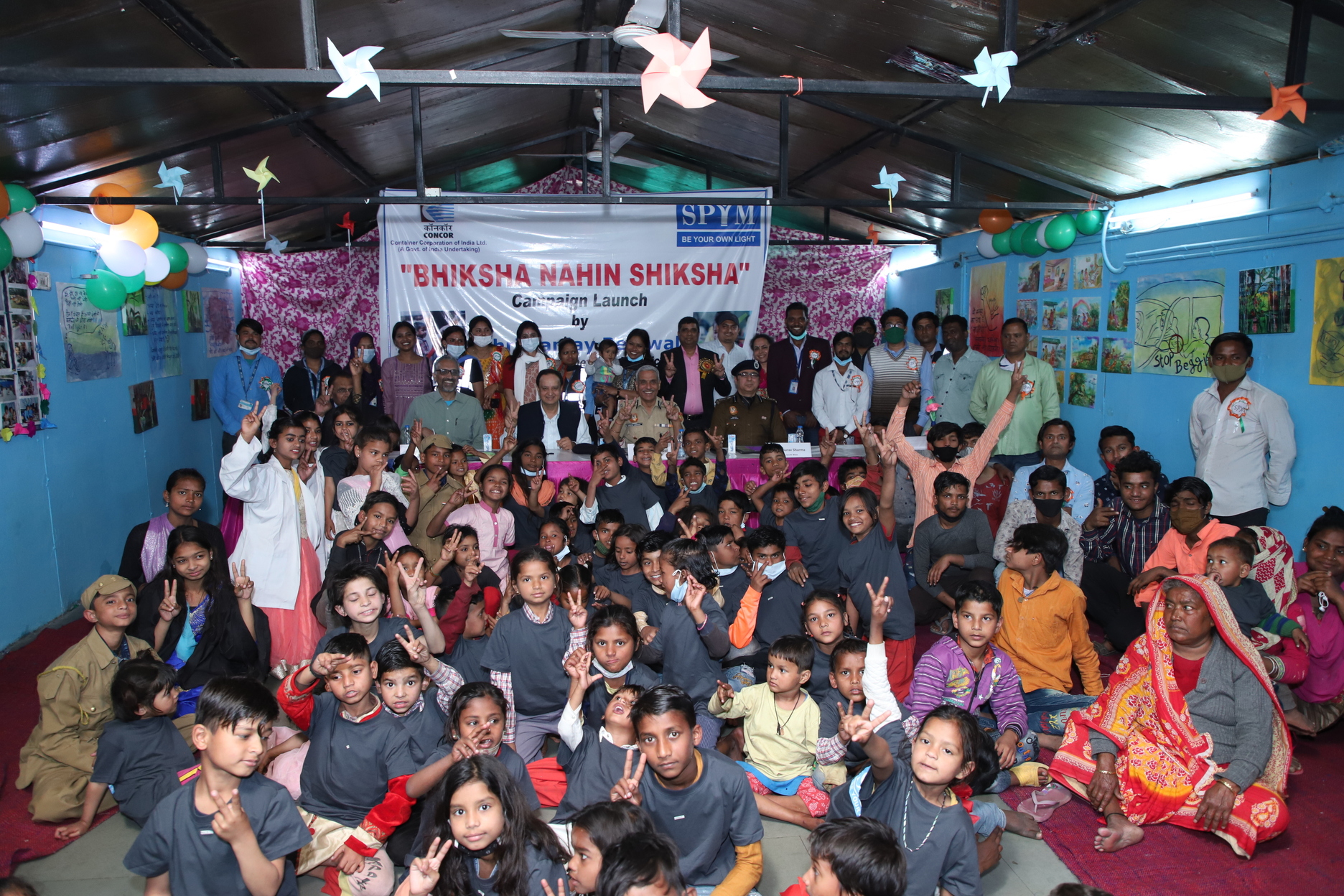
#StreettoSchool is a project aimed at mainstreaming street-based children involved in begging into formal schools through non-formal education and remedial interventions. Supported by DGAT, the project staff reaches out to families engaged in begging, raising awareness about their rights, and integrating their children into literacy programs conducted at nearby shelter homes for the homeless community.
The children participate in various activities, including dance, karate-martial arts, drawing & artwork, drama, literacy classes, life skills education, health and hygiene, and indoor and outdoor games. Additionally, women in the shelter undergo vocational training in beautician and stitching courses, with some also engaged in daily wage work.
Partner: SPYM
An initiative by SPYM, this project is dedicated to empowering women in the National Capital Region (NCR). With five operational sewing centers, we are committed to training over 150 homeless and underprivileged women annually from underserved communities. Our mission extends beyond mere skill development; we strive to enhance their employability through stitching opportunities, fostering self-reliance and entrepreneurship. By providing training in tailoring and stitching, we envision a future where these women not only master the craft but also carve paths to financial independence.
This initiative serves as a catalyst for nurturing entrepreneurial capabilities among participants, offering essential skills like problem-solving, business planning, and effective marketing strategies. Together, let's thread the needle of progress and create a brighter, more inclusive tomorrow.
Partner: SPYM
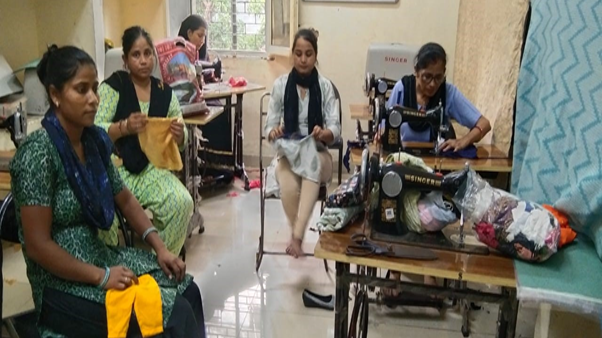
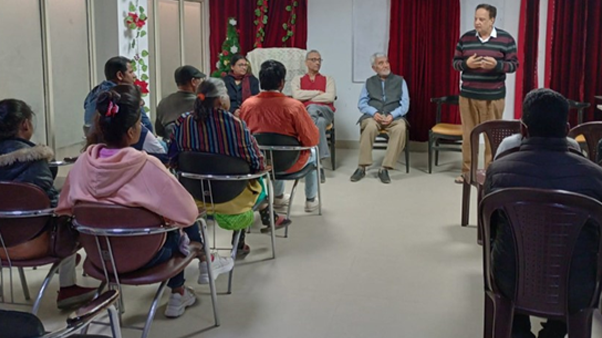
Our General Duty Assistant (GDA) caregiving training course, assessed by Apollo Medskills Limited, is designed to provide a rewarding career path to underprivileged students. Across seven dedicated centers in the National Capital Region (NCR), we've empowered 350 students with essential caregiving skills. A remarkable 25% have pursued higher education in nursing, reflecting the program's impact.
Our graduates are finding employment in private hospitals, elder care homes, and home care services, making a positive impact on the healthcare industry. Join our GDA course to acquire valuable skills, unlock career opportunities, and contribute to the well-being of others.
Partner: MID
Our affiliate, Godhuli, an FCRA-certified registered not-for-profit society in India, provides educational tutorials to approximately 60 children residing in the Meerabagh slums who are enrolled in grades 6 through 10. The classes are provided in English, Maths, and Science, focusing on the subjects that are usually harder for children from less privileged backgrounds.
The tuitions are being conducted by professional tutors with a high level of competence. The initiative started in December 2021 and is now entering its third year, benefiting more than 100 children.
Partner: Godhuli
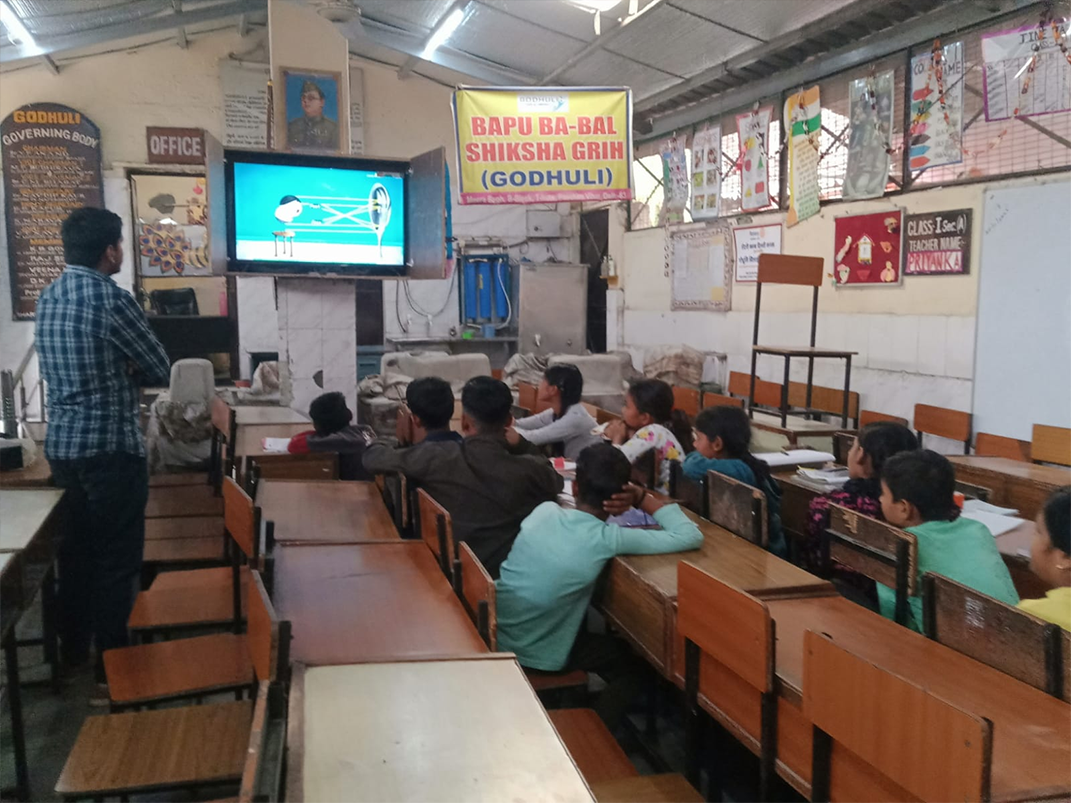
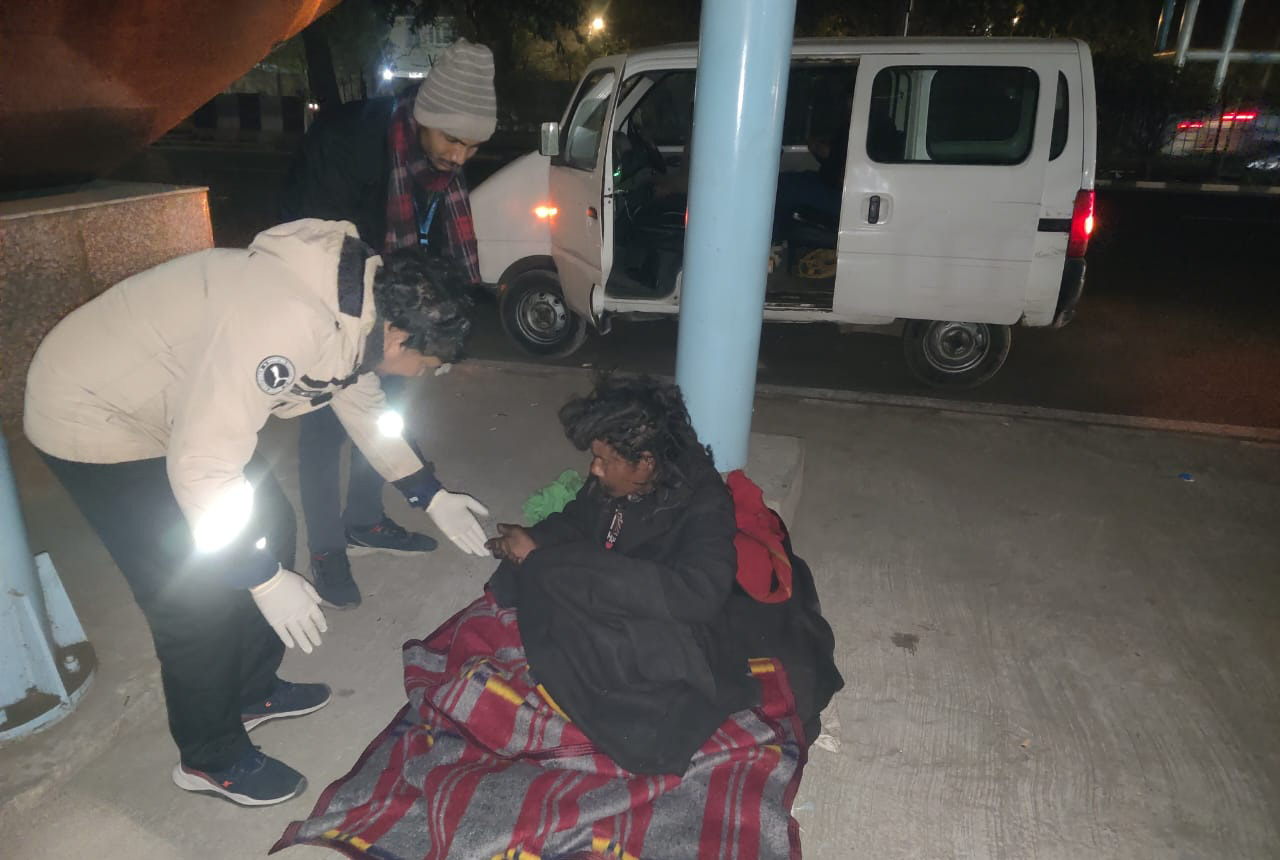
Our rescue team at SPYM engages in daily visits within targeted districts of Delhi, identifying individuals without shelter or in urgent need of care and protection. These individuals are relocated to nearby shelter homes, and immediate first aid and care services are provided for those unwilling.
The Delhi government has established a telephone helpline to address calls from the homeless or concerned citizens. SPYM collaborates with the helpline for effective coordination of rescue operations, ensuring a swift response to the homeless in case of an emergency. In the fiscal year 2022–2023, the SPYM provided homeless shelter services to about 3,000 homeless and marginalized people.
Partner: SPYM
Since 2014, SPYM Delhi Gate Center has been catering to drug-dependent children (boys) between the ages of 7 and 18. The 90-day treatment program employs a multi-disciplinary approach. In a residential setting, trained staff provide and oversee the services.
Children are referred through the Child Welfare Committees in various districts of Delhi. Those referred to from other sources, like police, families, and shelter homes, are also presented before the CWC. All children undergo clinical assessment (i.e., history-taking and examination) by trained and competent staff, based on which a treatment or intervention plan is formulated. Adequate infrastructure ensures comfort and privacy for the children. 1624 children have been treated and rehabilitated at Delhi Gate Center till now.
Partner: SPYM
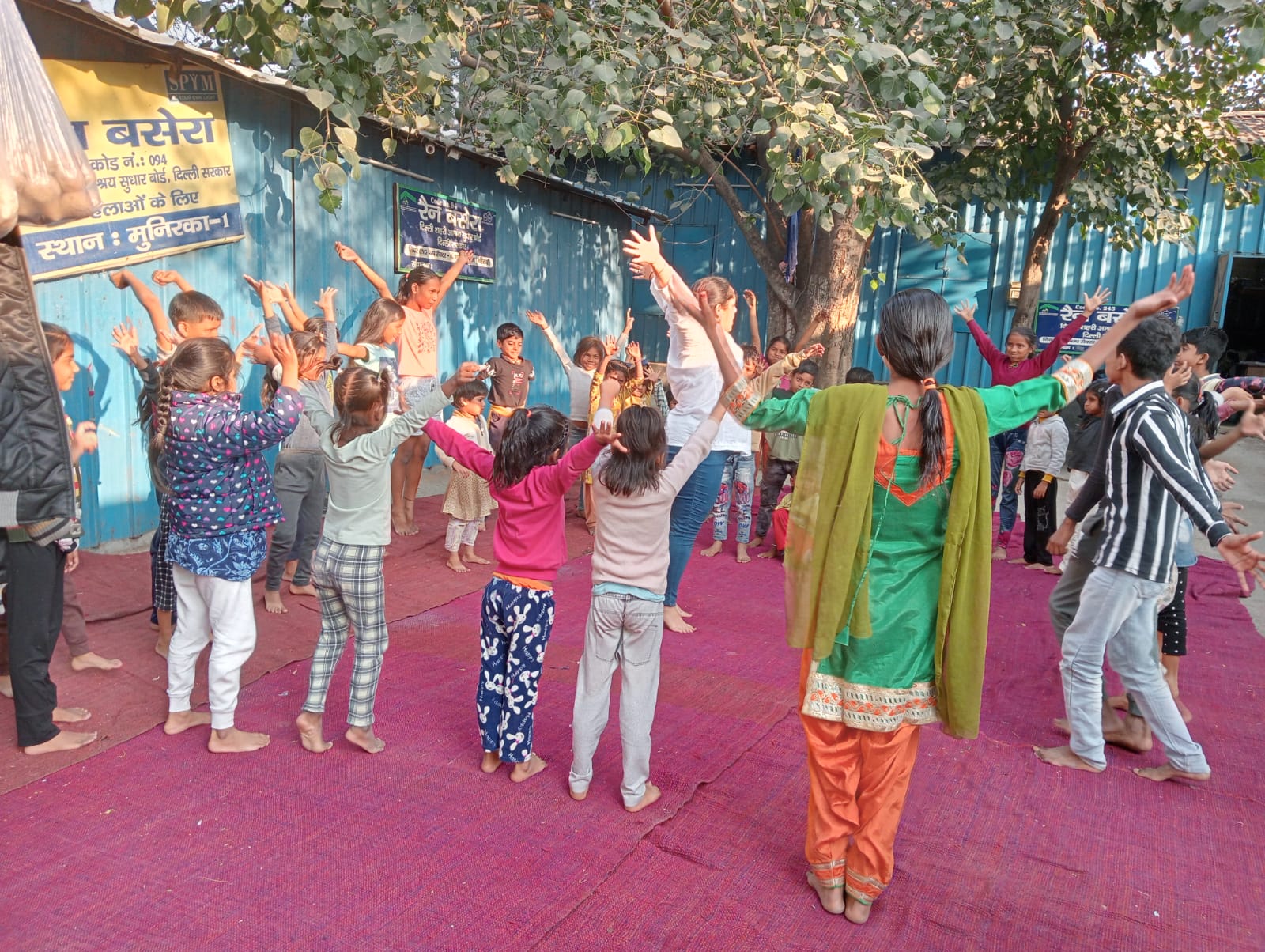
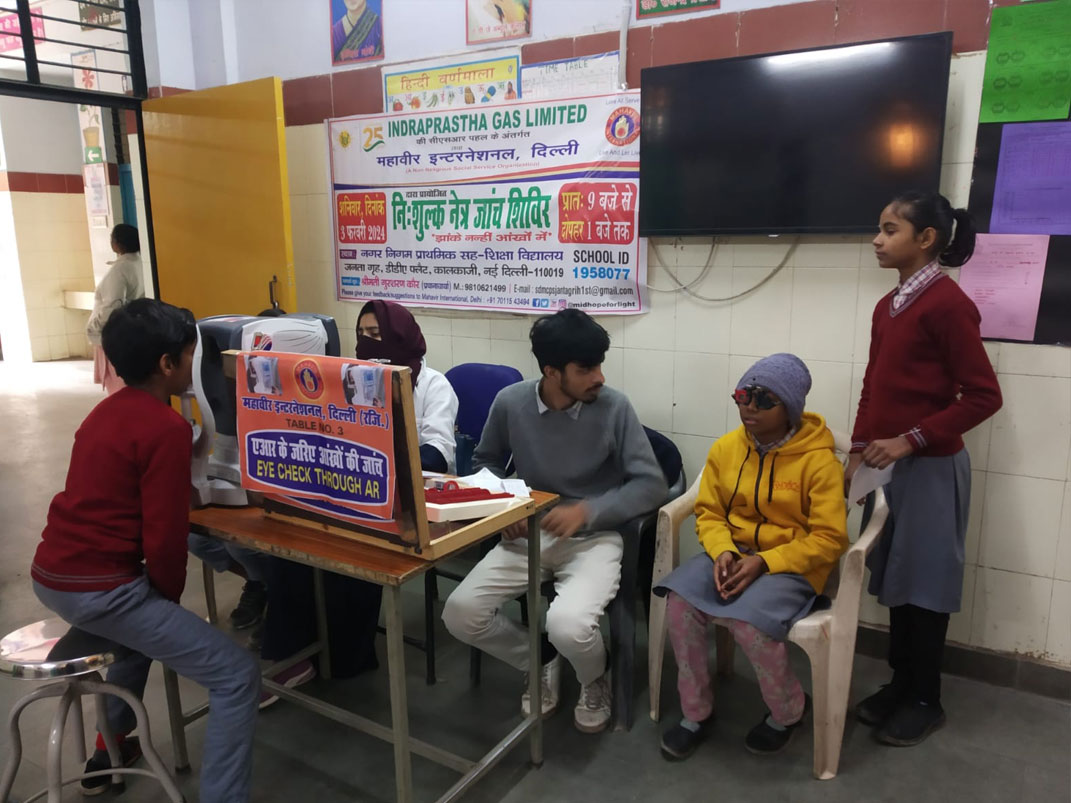
Myopia, or short-sightedness, poses a significant obstacle to the early learning process and academic performance of young children, potentially impacting their future success. Studies indicate a concerning rise in myopia rates, with the percentage of affected individuals increasing from 25% in the 1970s to 40% today, according to research in the US. Additionally, the national blindness survey from 2015-19 highlights that refractive errors account for 30% of major visual impairments, with myopia linked to serious eye conditions like Macular Degeneration, Retinal detachment, and Glaucoma. Left uncorrected, myopia can hinder a child's ability to engage in play and social activities, further exacerbating its adverse effects on academic achievement.
To address these challenges, MID conducts comprehensive eye examinations for children aged 5 to 10 years in government schools. Each examination session, led by a team comprising a General Physician, two optometrists, a pharmacist, and a coordinator, serves 100-125 students over a four-hour period. Free distant and near vision spectacles are provided to students in need, along with essential medications such as eye drops, deworming, and nutritional supplements as recommended by medical professionals. To date, 73 such camps have been organized, benefiting a total of 9,271 children.
Partner: MID
Women in both rural and urban slums across the country face significant challenges due to a lack of awareness and misinformation regarding pre- and post-natal care, posing risks to both maternal and newborn health. Issues such as anemia in expectant and new mothers, as well as malnutrition among children, remain areas of concern despite efforts by government agencies to address them through primary health centers and ASHA workers.
MID implements the "Swasthya Saheli" (Health Companion) project at its health centers to educate young girls on menstrual hygiene and promote breastfeeding among new mothers. Another initiative, "Project Janetiri", aims to educate expectant mothers in the community on maternal and child health to reduce pregnancy and childbirth complications. These workshops cover essential topics such as prenatal care, nutrition, safe delivery practices, postpartum care, and breastfeeding. One-on-one consultations with trained healthcare professionals ensure women receive personalized guidance and support. Additionally, beneficiaries attending the workshops receive maternity kits containing essential items and nutritional packages emphasizing the importance of a healthy diet. This comprehensive approach is expected to lead to measurable improvements in attendance at school or work, reduced rates of diseases among infants, lower rates of malnutrition and anemia, and healthier birth outcomes among the target population.
Partner: MID
